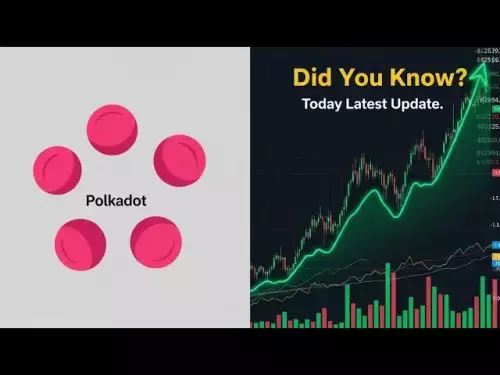
Bitcoin (BTC) and Ripple’s XRP (XRP) are two of the most influential cryptocurrencies in the world. While Bitcoin is the pioneering cryptocurrency and the largest by market capitalization, XRP is emerging as a powerful contender, especially in the realm of cross-border payments and blockchain-based financial technology.
Bitcoin was launched in 2009 by the mysterious Satoshi Nakamoto. It is the first successful implementation of blockchain technology. Bitcoin’s primary purpose is to serve as a decentralized digital currency and store of value, using a proof-of-work (PoW) consensus mechanism to secure transactions. Bitcoin has garnered attention as “digital gold,” with many viewing it as a hedge against inflation or traditional financial market instability. Its massive network of miners, high security, and widespread adoption make Bitcoin the most recognized cryptocurrency globally.
On the other hand, XRP operates on a very different model. Ripple’s XRP was specifically designed to address the inefficiencies in traditional cross-border payments. Rather than focusing on being a store of value, XRP enables faster, cheaper, and more secure international transactions between financial institutions. RippleNet, the network that powers XRP, allows for real-time payments between parties in different countries without the need for traditional intermediaries like correspondent banks. This unique function has positioned XRP as a crucial player in the financial sector, with many banks and financial service providers using Ripple’s technology to streamline their global payment systems.
One key distinction between Bitcoin and XRP lies in their consensus mechanisms. Bitcoin’s PoW requires miners to solve complex puzzles to validate transactions, consuming significant energy and time. XRP, on the other hand, uses a consensus algorithm called the RippleNet Consensus Algorithm, which is more energy-efficient and enables quicker transaction confirmations, allowing for higher scalability and lower fees—making it more suited for institutional use.
However, both Bitcoin and XRP face challenges in their respective paths. Bitcoin’s scalability issues, particularly in periods of high demand, result in slow transaction speeds and higher fees, which have led to concerns over its suitability for everyday transactions. XRP has faced its own hurdles, including regulatory scrutiny, particularly in the U.S., where the Securities and Exchange Commission (SEC) has been involved in a legal battle over whether XRP should be classified as a security.
Despite their differences, both Bitcoin and XRP remain essential in the larger narrative of blockchain and financial technology. Bitcoin’s decentralized, trustless nature has inspired an entire industry, while XRP’s focus on financial services and institutional adoption has opened the door for blockchain to play a transformative role in the global payments landscape.
As blockchain technology continues to evolve, both Bitcoin and XRP will likely play integral roles in shaping the future of digital finance, whether as stores of value, payment solutions, or as key drivers in the adoption of decentralized systems across industries.
Clause de non-responsabilité:info@kdj.com
Les informations fournies ne constituent pas des conseils commerciaux. kdj.com n’assume aucune responsabilité pour les investissements effectués sur la base des informations fournies dans cet article. Les crypto-monnaies sont très volatiles et il est fortement recommandé d’investir avec prudence après une recherche approfondie!
Si vous pensez que le contenu utilisé sur ce site Web porte atteinte à vos droits d’auteur, veuillez nous contacter immédiatement (info@kdj.com) et nous le supprimerons dans les plus brefs délais.























































































